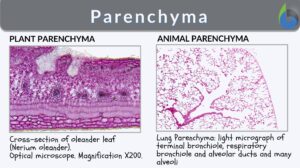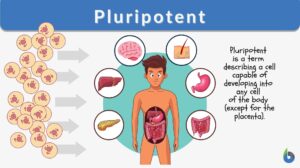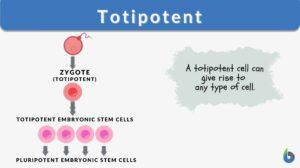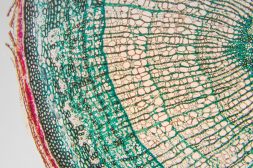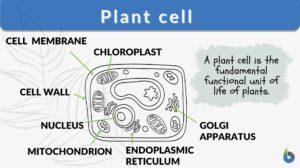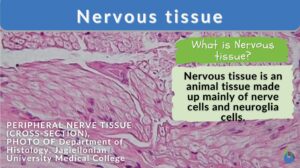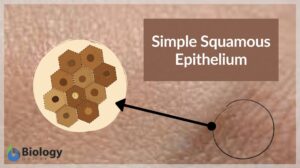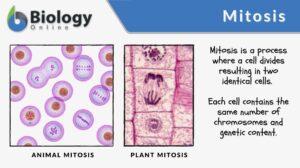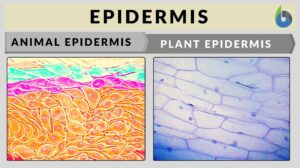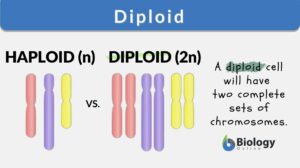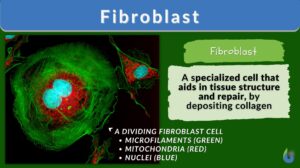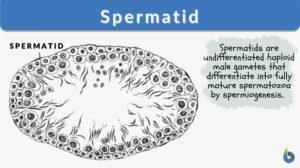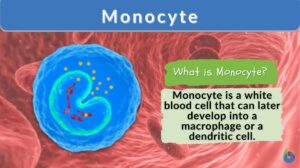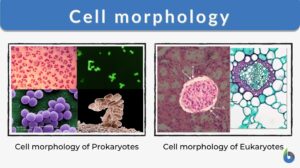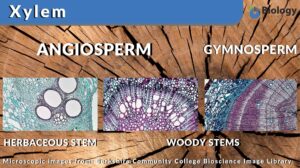Search Results for: tg cells
Parenchyma
Parenchyma Definition What does parenchyma mean? Let's define the word "parenchyma". Most of the functional tissues in... Read More
Cell differentiation
Cells are often described as the building blocks of life as they are the smallest unit used to build up organisms. Cells can... Read More
Pluripotent
Pluripotent Definition What is pluripotent? In biology, the term "pluripotent" means capable of developing into... Read More
Totipotent
Totipotent Definition What is totipotent? In general terms, totipotency is defined as the ability of a single cell to... Read More
Cell theory
What Is Cell Theory? Biological cell theory explains the idea of organismal constitution, structure, and function. It... Read More
Plant Tissues
Plants are composed of three major organ groups: roots, stems, and leaves. As we know from other areas of biology, these... Read More
Animal cell
An animal cell is the fundamental functional unit of life of animals. It is also the basic unit of reproduction. Animal... Read More
Plant cell
Plant Cell Definition A plant cell refers to any cell of a plant. It is the structural and functional unit of plants. Plant... Read More
Eukaryotic cells
Eukaryotic Cells Definition What is a eukaryotic cell? Eukaryotic cells refer to the cells of (or derived from) eukaryotes,... Read More
Nervous tissue
Nervous Tissue Definition Nerve cells (or neurons) and their associated cells, such as neuroglia cells, make up nervous... Read More
Simple squamous epithelium
Simple Squamous Epithelium Definition Simple squamous epithelium, also known as simple squamous epithelial tissue or... Read More
Cytokinesis
The cell cycle of eukaryotes is a cyclical series of biological events that certain asexual cells go through. The cell cycle... Read More
Endoplasmic reticulum
Endoplasmic Reticulum Definition The endoplasmic reticulum is a membrane-bound organelle in cells of eukaryotic cells... Read More
Humoral immunity
Let’s get to know where one should place humoral immunity, the topic of today’s discussion!! By the end of the article,... Read More
Cell adhesion
Cell Adhesion Definition Cell adhesion is the process in which a cell uses a specialized complex of proteins to get... Read More
Fibroblast
The building block of living things is known as the cell. The cell contributes to many parts and functions of different... Read More
Cell division
Cell division is a biological process by which a parent cell duplicates its cell contents and divides to give rise to two or... Read More
Plasma membrane
Do all cells have a plasma (or cell) membrane? Yes, all cells have a biological membrane that separates the protoplasm from... Read More
Homeostasis
Homeostasis is the tendency not to stray from the range of favorable or ideal internal conditions. Such conditions must be... Read More
Erythrocyte
Erythrocyte Definition Erythrocytes (red blood cells or RBCs) are the myeloid series of specialized cells that play an... Read More
Autocrine signaling
Autocrine Signaling Definition What is autocrine signaling? Autocrine signaling is a type of cell signaling wherein a cell... Read More
Circulation
Blood Blood is composed of a liquid, plasma, and blood cells such as erythrocytes (red blood cells,) leukocytes (white... Read More
Plant Cells vs. Animal Cells
Plant Cells Most cells are not visible with the naked eye. However, with microscopes of various types, plant cells can be... Read More
Spermatogenesis
Spermatogenesis Definition Spermatogenesis is the biological process of producing sperm cells. It occurs in the male gonad... Read More
Cell morphology
The basic essence for any living organism is its structural framework which includes appearance, form, and the... Read More
Adipose tissue
Adipose Tissue Definition Adipose tissue, a specialized variety of connective tissue, is composed of lipid-rich cells known... Read More
